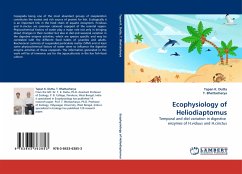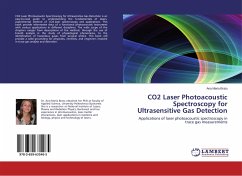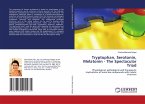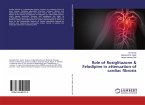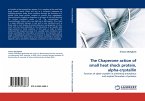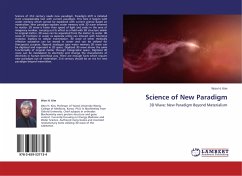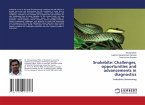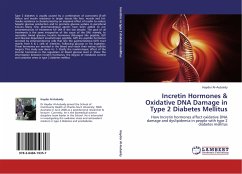Copepoda being one of the most abundant groups of zooplankton constitutes the easiest and rich source of protein for fish. Ecologically it is an important link in the food chain of aquatic ecosystem. H.viduus and H.cinctus are common calanoid copepod of the oriental region. Physicochemical factors of water play a major role not only in bringing about changes in their number but also in diel and seasonal variation in the digestive enzyme activities, which are species specific and may be correlated with the different food habits of juveniles and adults. Biochemical contents of suspended particulate matter (SPM) and at least some physicochemical factors of water seem to influence the digestive enzyme activities of these copepods. The information generated in this work will be of immense use for the aquaculturists in the live fish-food culture.
Bitte wählen Sie Ihr Anliegen aus.
Rechnungen
Retourenschein anfordern
Bestellstatus
Storno

